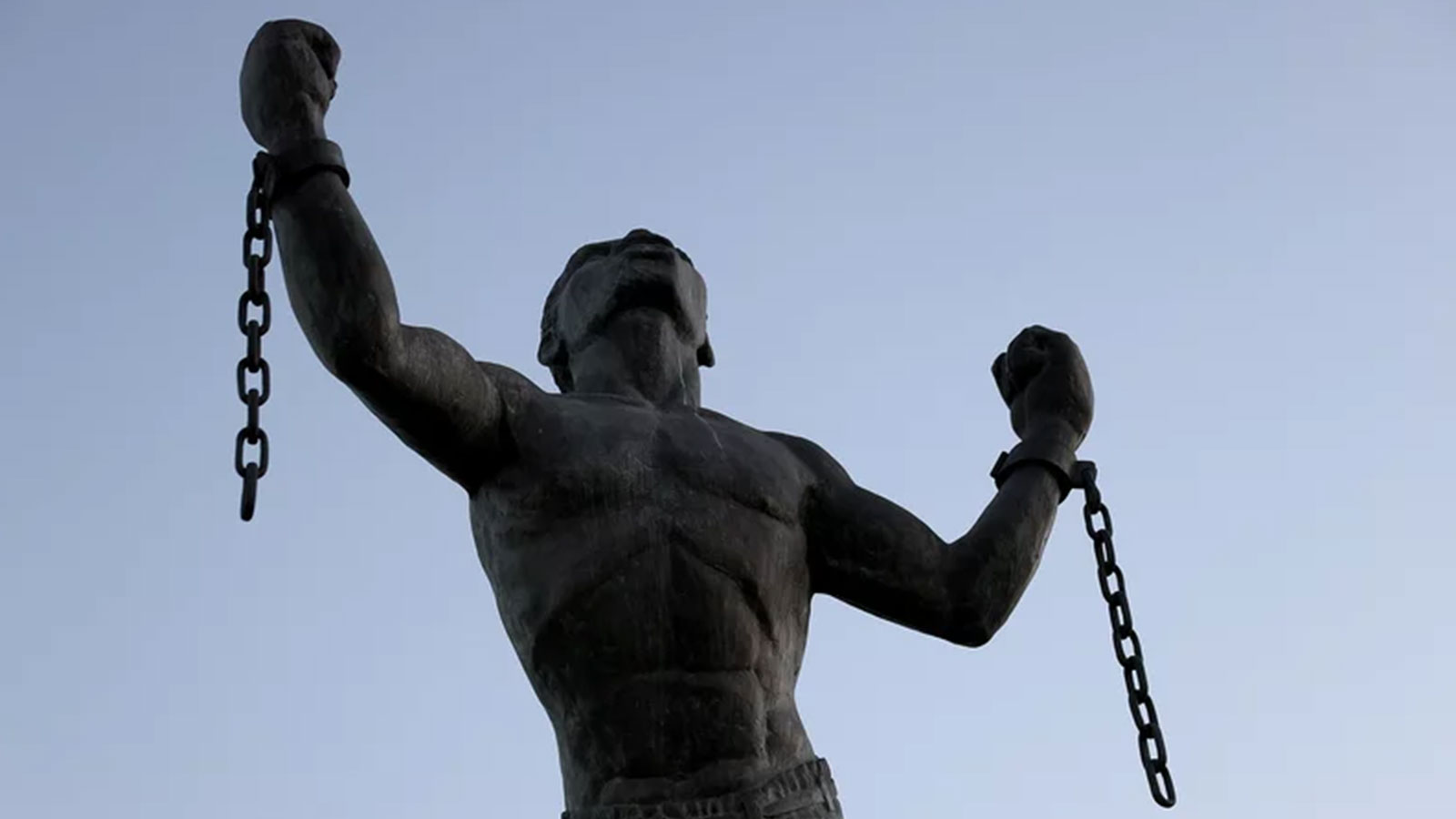A one week “Reparations and Racial Healing Study Tour” began here on Monday with Barbados urging countries not to shrink from the requirement of accountability “with or without an apology”.
The University of the West Indies (UWI), the Open Society Foundations, the African Union Economic Social and Cultural Council (AU-ECOSOCC), the Caribbean Pan African Network (CPAN) and the Barbados government have partnered for the study tour that ends on July 28.
The organisers said that the tour is the result of the landmark decision of the African Union leaders in February this year calling for a common African position and programme of action on reparations, and serves to underscore the strategic relevance of Africa taking its place as a leading voice for reparations by coalescing with ally nations in the Caribbean community.
Speaking at a roundtable discussion here, Foreign Affairs and Foreign Trade Minister, Kerrie Symmonds,said countries affected by slavery should come together to strengthen efforts towards reparations and reparative justice.
“We cannot shrink from the requirement of accountability with or without an apology,” he said, adding “I want to say to you that while you study that which is being done in Barbados and that which is being done elsewhere with respect to reparations, [and] while you pay close attention to the desirability of racial healing, … we must speak with a common voice to the developed north, and to say to the developed countries of the world, that the time has come for there to be a developmental pact.
“A pact between the North Atlantic and those of us who have suffered the atrocity and who continue to suffer the fallout from the atrocity,” he said, urging the participants not to become complacent in the work on reparations, reparative justice and racial healing.
Symmonds said there is much work still to be done and the time is now to strengthen efforts “to re-gird our loins for the battles which are still ahead … and to make sure that not only our generation but generations to come are protected”.
He said Barbados is celebrating its Season of Emancipation under the theme Re-imagining the Past. Celebrating the Future” and that people must not re-imagine the past, as hurtful as it was, but should come together and heal, to create and seek opportunities for upward social and economic mobility for citizens of affected countries.
Minister of State in the Prime Minister’s Office, Dr. Shantal Munro-Knight, said she believes that “one of the important things that we can have in the context of this study tour is really about the inclusion of the wide variety of voices that need to be at the table.
“So that means the inclusion of artists and young people, so that we can have that generational exchange that is necessary, so that you take the message from here outside of this meeting and then also be able to transfer it, so that we have a cascading effect that is also generational, and that is also future oriented as well.”
Permanent Representative of the Union of Comoros to the African Union and Chair of the Permanent Representatives Committee of the African Union, Youssouf Mondoha Assoumani; Presiding Officer of the African Union Economic, Social and Cultural Council, Khaled Boudali; and Barbados’ Ambassador to CARICOM, David Comissiong also shared similar views.
The organisers said that during the week, prominent African leaders and dignitaries will convene here to unveil Barbados’ commitment to becoming a leader in the global reparations’ movement.
“The study tour also significantly marks the beginning of an intercontinental campaign process advocating for reparations and healing on both the African and global stages. Unified Ambassadors and representatives will gather on a unified front to call for reparations for historical crimes.
“The work agenda will include strategy sessions, knowledge-sharing dialogues, plenaries, collective advocacy, exploration of approaches for racial communal healing, and critical reflection on addressing harms suffered within Africa and throughout the Diaspora,” the organisers said.
The study tour will culminate with the presentation of key outcomes and learnings from the Caribbean experience, and propose a roadmap for continued cooperation between the African Union and CARICOM regarding reparations advocacy and campaigning in the global arena.
“It will also address the pressing issues of global racial and reparative justice delving into the power of reparations, the unprecedented alliance between the African Union and CARICOM, and the bridging of continents—Africa and the Caribbean.”
Featured image: The Emancipation Statue symbolizing the breaking of the chains of slavery at the moment of emancipation is shown on November 16, 2021 in Bridgetown, Barbados.
(Joe Raedle/Getty Images)


